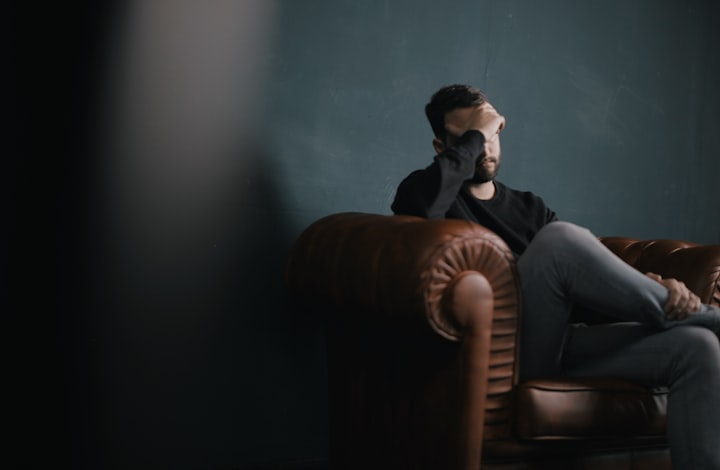Find a Good Psychologist
Five tips to finding a good one

Finding a good psychologist is a bit like dating; you have to kiss a few frogs until you find the right one for you. I should know, I've been seeing them for 30 years. I've lost count of the amount of different psychologists I've seen, but out of all of them, I've only found one who works well for me.
That's not to say I didn't get benefit from the others, they were always professional and helped me to move through whatever I needed. It is my opinion that everyone needs a psychologist. Every. Single. One. Of. Us.
Why? Not because we are all broken, but because it's always good to have a neutral third party - not friends, not family, an unbiased, neutral person to hear and validate our voice. But more importantly, how often do we let someone into the deepest recesses of our mind? There are some things which family and friends should not carry (particularly traumatic events). Of course they can, and should, support you, but psychologists have techniques which help deep healing.
So, based on MY lived experience, here's my top tips for finding a good psychologist:
1. Make sure they are registered with the appropriate organisation in your country. Of course there are counsellors and life coaches and in many respects hairdressers act as defacto counsellors, but what you need is someone who is qualified and trained to deal with whatever it is you've got going on.
2. Ensure they call you out on your stories in a way which feels enpowering. This is a big one. Of course you want someone to support and listen to you, but more importantly, you want someone to question your decision-making process and the stories and habits you have developed. There's nothing worse than going to someone who enables unhealthy behaviours.
3. Make sure you don't know them outside of their office. I recently made an appointment with a new clinic and was assigned a woman who knew not only me, but my family. This was a clear conflict of interest. She gave me the option to see someone else. A psychologist who knows you CANNOT - no matter how well-meaning - be unbiased. They cannot call you out on your behaviours and in-fact may be detrimental to your healing.
4. Psychology is more than just talk therapy. The first few sessions of any new relationship with a psychologist, you unload your stories onto them, so they can get a sense of who you are and what they are dealing with. But a quality psychologist will offer you techniques and strategies to manage what's going on: CBT, Schema Therapy, Gesalt, questionnaires, art therapy, dreamwork, attachment-based therapy, hypnotherapy, mindfulness and somatic therapy are just some of the different techniques I've been offered. There are plenty out there, but if all you are doing is talking, while helpful in the short term, doesn't deal with the core issues, which is why we go in the first place.
5. Connection and comfort. You need to feel safe and connected with someone who is seeing into the deepest parts of yourself. I spill my guts to anyone these days, but if going to a psychologist is something new for you, you need to make sure they make you feel safe, you have a connection of sorts and you feel you can trust them. If you don't feel emotionally safe, you need to reflect if it is just you being afraid to open up, or if it is, in-fact them. It is a relationship which, when done well, becomes solid within the confines of the room.
Of course, this is all my lived experience of counsellors and psychologists and it is your due diligence to find the one who can bring out the best in you without enabling your negative behaviours. You want to walk out of a session feeling emotionally drained, yet satisfied and somewhat lighter. The work happens in the room, but once you leave it, we need to step back into the world and apply all of the new techniques and strategies.
In love,
Alyssa
©Alyssa Curtayne 2021
About the Creator
Alyssa Curtayne
WRITER, TEACHER, CREATOR
I write for my own therapy - I write when I'm happy, I write when I'm sad and I write because I love having the crazy ideas in my head on paper so I can really embody them. I hope what I write can help you too.






Comments
There are no comments for this story
Be the first to respond and start the conversation.